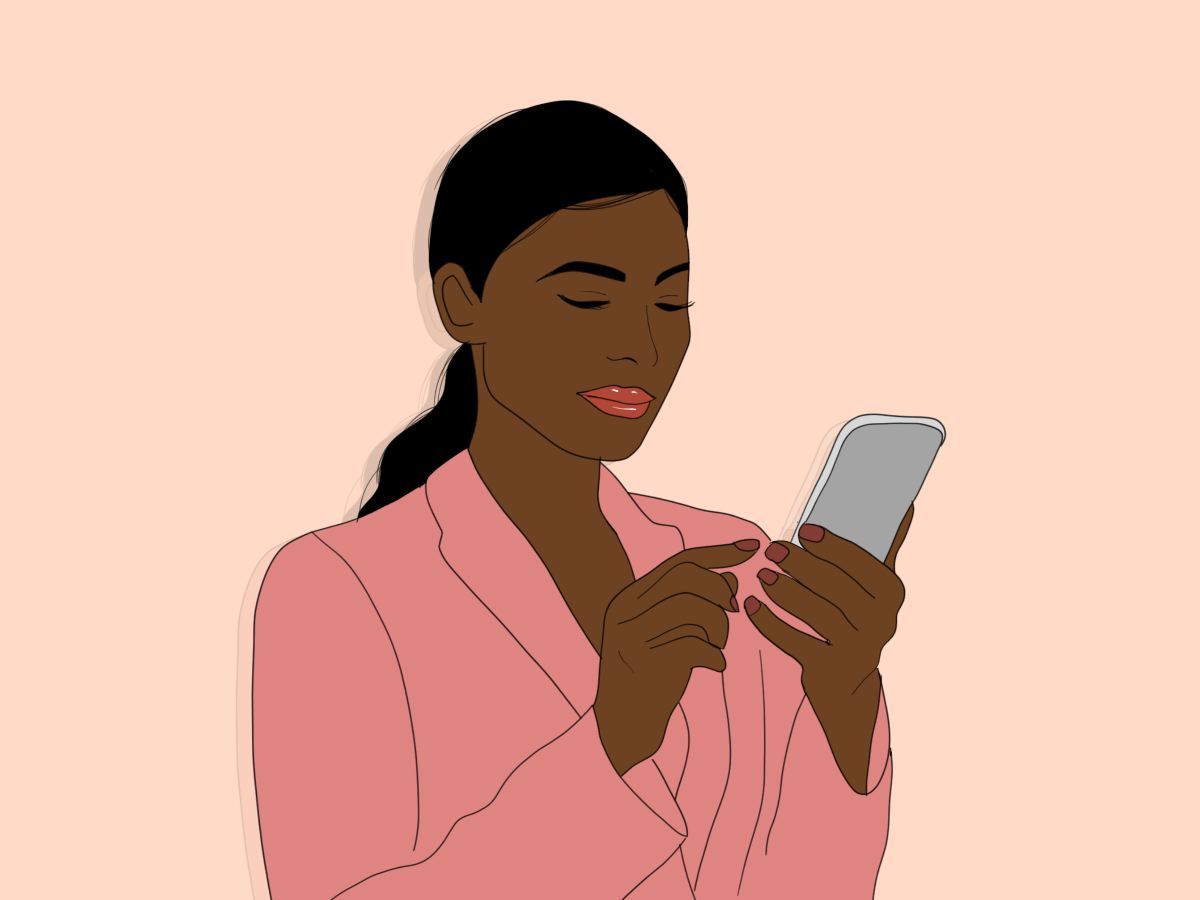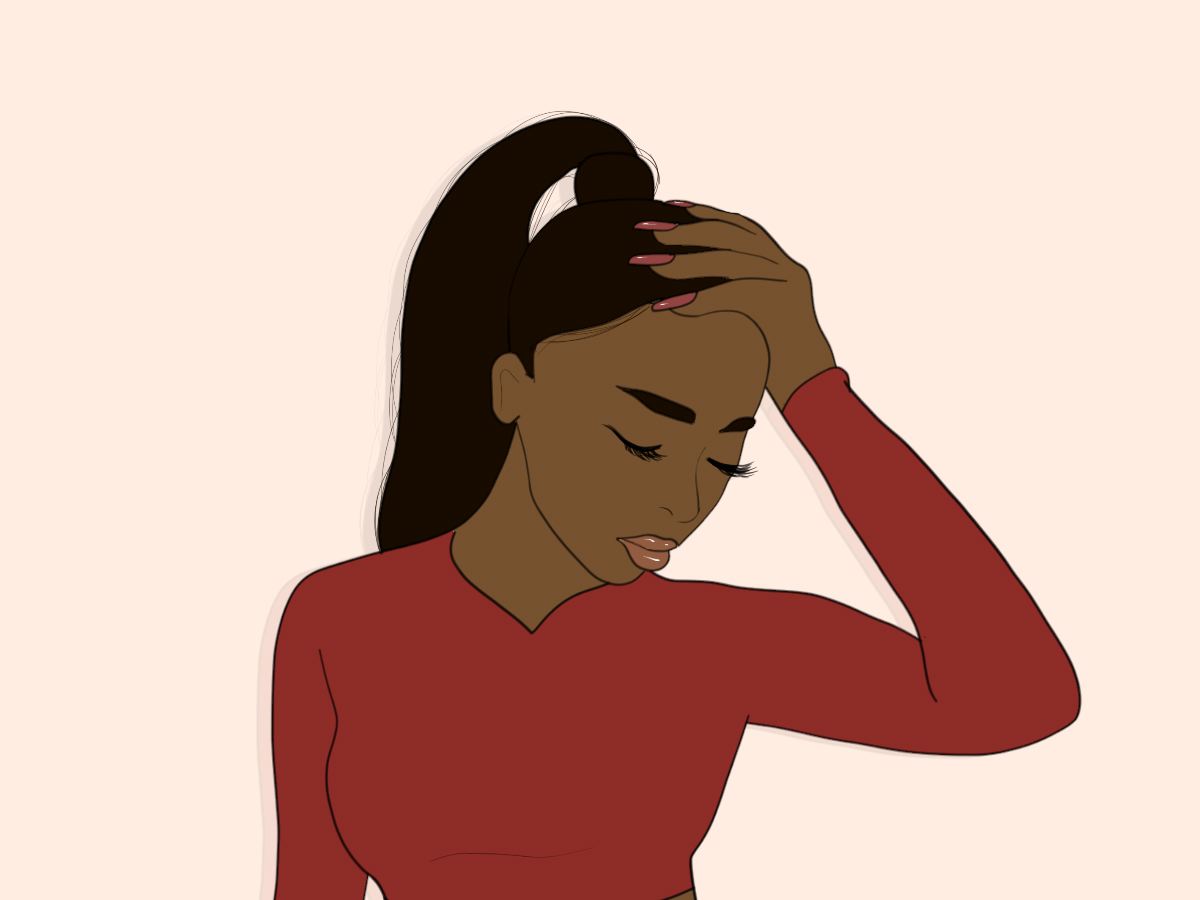Lifeless Black men and women became such a common site on social media during 2020’s BLM spike. By the end of the year I had vowed to never watch another police brutality video, I would simply read up on it and do the best I could to spread awareness. Trauma is nothing new to the Black community, our history can testify to that. However, it feels like social media has trapped us in a loop of perpetual trauma. I am by no means jumping onto the ‘social media is evil’ train. I actually appreciate that there is a light shining on the inequalities we have been facing for decades, we finally have the evidence to put murderers behind bars. The prosecution of Derek Chauvin is the perfect example of this.
It seems, however, that we have a price to pay for this. The increase in young Black people going missing highlighted this to me better than ever. I found myself anxious when Richard Okorogheye went missing and I truly struggled with the news of his death. No, I did not know Richard. Neither did a majority of those mourning him online. But seeing someone who could have easily been your brother, cousin or friend facing a bleak ending is terrifying.
Every time a Black woman goes missing and the police fail to act I contemplate whether if I went missing anything would be done. I don’t doubt the rest of the Black community feel depleted every time a new Black man or woman is handled inhumanely. A lot of my friends refuse to watch the news because of the constant funneling of Black trauma. Although I understand the desire to ‘unplug’, ignorance can still be dangerous. But when the internet is continuously highlighting Black trauma, how do we reach a healthy balance?
Combating difficult news

Firstly, I think it’s really important to recognise that trauma is extremely volatile for our mental health and make an effort to somehow combat the constant streams of difficult news. I personally take frequent breaks from social media and limit my news intake. I’ve found that taking a couple days off Twitter can help with recentering and taking time to look after emotions. I swear by decreasing news intake, there are so many platforms constantly retelling the same news and it can get draining very quickly. It is also important to briefly assess your mindset before reading into any global crises etc. I know if I’m having a bad day all it takes is a quick scroll through any news website for my mood to drop further. The best solution I have found however, is focusing on Black stories that aren’t centred on hardship.
Amplifying Black success
There are so many achievements being made by Black people around the world EVERY SINGLE DAY. My current favourite sources of empowerment are:
- Samira Nasr recently became the first Black Editor in Chief of Harper’s Bazaar. In all 533 years of the magazine there has never been a Black person in charge and now we have a Black *woman* calling the shots.
- In January, Amanda Gorman became the youngest inaugural poet in U.S history.
- A bit closer to home, Daniel Kaluuya won the Academy Award for best supporting actor, making him the first non-wite British actor to win.
- Zimbabwean Strive Masiyiwa became the first Black billionaire to make the Rich List.
The cost of always being connected is heavy but there are just as many stories of Black success as there is trauma. Amplify them when you can, we all need a positive reminder of Black excellence.
You may also be interested in Black lives do matter: Pushing the movement whilst taking care of yourself
Read more lifestyle articles here >
Written by Kimberly Nhundu
Illustrated by Francesca Mariama

